What would you think of your friend’s communication? If you’re like most people, you’d probably have mixed feelings about the card. On one hand, you appreciate your friend sending the holiday greeting. On the other hand, you’re taken aback by his/her promotion of the knives. You may not have minded the sales pitch in another context; in fact, you may have even appreciated it. But you probably found the combination of commercial and personal messages off-putting.
The chance of you receiving a mixed holiday message like that one from a friend is pretty slim. The probability that you’ve received such a message from a company is likely 100%, at least if your experience is like mine. Here are some examples of communication, camouflaged as Christmas greetings, that have made their way to my email inbox:
- Pier 1 Imports: Merry Christmas! Our Gift to You . . . today only FREE SHIPPING ON YOUR ENTIRE PURCHASE
- Dick’s Sporting Goods: Merry Christmas from everyone at Dick’s Sporting Goods. We’re Open Today Online! Stores Open Tomorrow at 7 am.
- Bon-Ton: Merry Christmas! TAKE UP TO AN EXTRA 30% OFF YOUR PURCHASE**
- Kohl’s: Merry Christmas from our family to yours. With the warmest of wishes, All of us at Kohl’s. P.S. Enjoy 25% OFF online today only (you know, just in case).
- NordicTrack: Merry Christmas from NordicTrack. Free shipping on machines over $399. See our Christmas specials. Give the gift of good health.
In the spirit of some recent Geico commercials, you might be thinking that these types of messages are to be expected from companies, i.e., “If you’re a corporation, that’s what you do”—try to sell while wishing people well. However, as with all ethical issues, just because people or organizations do something doesn’t mean that they should. Here’s a pair of reasons why companies shouldn’t mix holiday greetings with commercial content, using two of the five societal values that Mindful Marketing often mentions:
1. Honesty: When we receive a card in the mail that says “Seasons Greetings” on the front, or an email that has “Happy Holidays” as the subject line, we may begin to read it only because we think it’s a genuine expression of well-wishing. Mixed holiday messages, however, fall short on honesty as they try to trick us into taking a first step (ready this email) with the hope that we’ll overlook the deception and continue to process the commercial content.
2. Respect: Of course, it’s inherently disrespectful to deceive people; however, there’s more here being disrespected than just the message’s recipients. The camouflaged communication also disregards the meaning and worth of the holiday. Instead, it uses the holiday as a means to an end; for example, it implies “Our company doesn’t really care what Christmas means to you, but we know we can use it as a way of getting your attention and possibly making a sale.”
Lest we become cynical and think that all companies’ holiday greetings are duplicitous, here are a few other emails I recently received that are not infused with blatant commercial content:
- Founders Inn and Spa: The end of the year brings no greater joy than the opportunity to express to you season's greetings and good wishes. May your holidays and New Year be filled with joy! [email included an outside photograph of trees covered in white lights]
- American Marketing Association: HAPPY HOLIDAYS from the American Marketing Association. [email also included a personalized note, appreciating me for being a member]
- Michaels: Merry Christmas [email did include a small link to the weekly ad, but that was all]
- Align: Happy Holidays from Align. Season’s Greetings [this first part of the message appeared on a picture of a snowy landscape with trees and two cardinals]. During this holiday season, Align is proud to support the Muscular Dystrophy Association on behalf of our clients and partners.
So, why do some companies choose to conceal their promotional messages as holiday greetings while others don’t? The main reason is that the former group has a short-term outlook, i.e., “We need to sell product now.” Of course, members of the latter group also want to secure sales; however, they have a proper perspective of marketing: “If you put the needs of people (namely your customers and employees) first, sales will follow.”
Commerce is a good thing, but there are certain places and times when people need a break from business. As such, they appreciate companies that care enough about them as people to put their commercial content on pause. Organizations that choose to ignore this basic human need not only compromise important societal values, they ultimately jeopardize stakeholder value, which makes them merchants of “Mindless Marketing.”
Learn more about the Mindful Matrix and Mindful Meter.
Check out Mindful Marketing Ads and Vote your Mind!


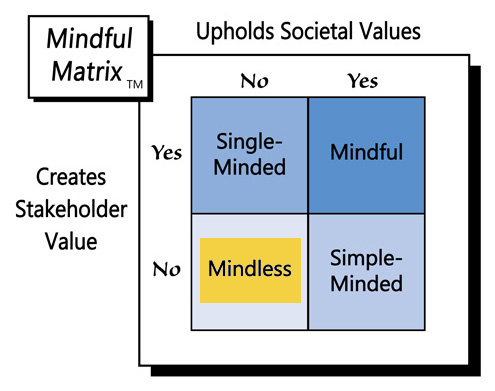
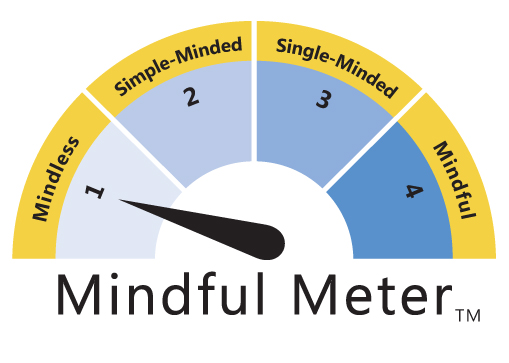

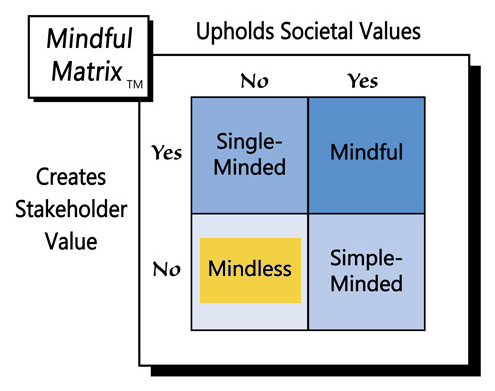
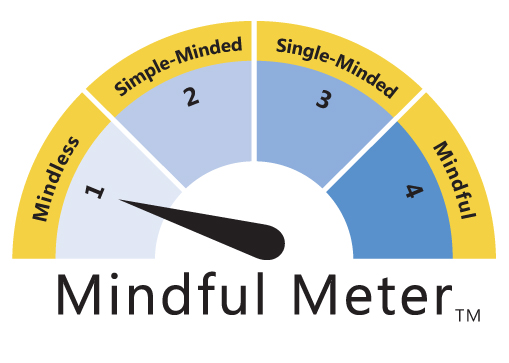
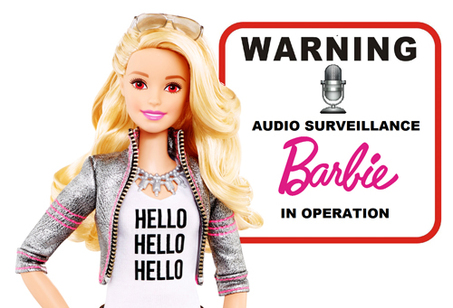
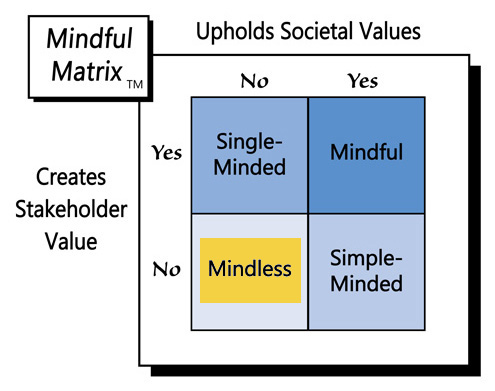
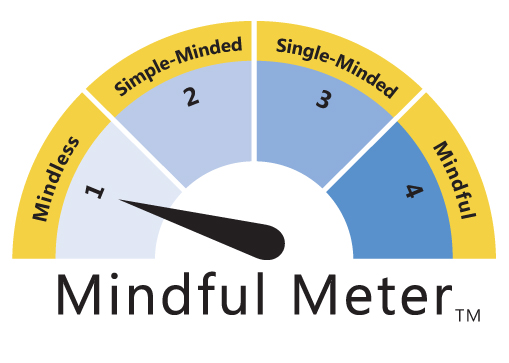
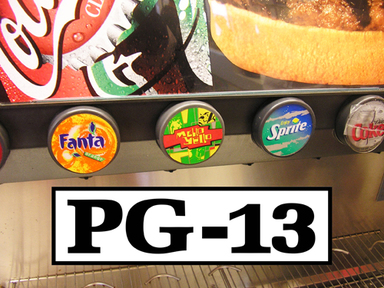
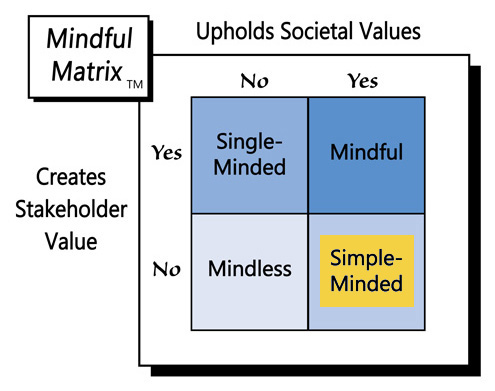
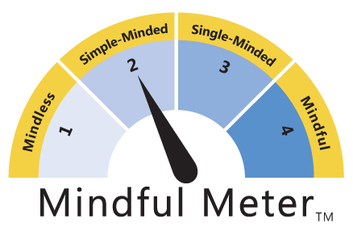
 RSS Feed
RSS Feed